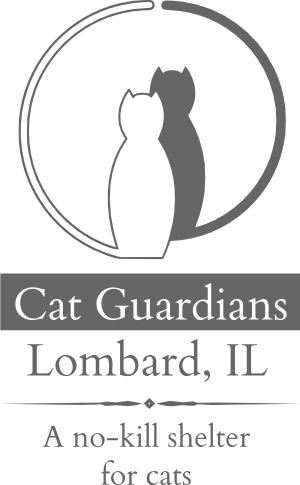Common Hazards
Many common household items can pose a threat to animal companions. Even some items specifically meant for pets could cause health problems. To protect your pet, simply use common sense and take the same precautions you would with a child. Although rodent poisons and insecticides are the most common sources of companion animal poisoning, the following list of less common but potentially toxic agents should be avoided if at all possible:
Antifreeze
Antifreeze that contains ethylene glycol has a sweet taste that attracts animals but is deadly if consumed in even small quantities; one teaspoon can kill a seven-pound cat. The HSUS recommends pet owners use a safe antifreeze in their vehicles. Look for antifreeze that contains propylene glycol, which is safe for animals if ingested in small amounts. Ethylene glycol can also be found in common household products like snow globes, so be sure to keep these things out the reach of animals.
Lawn & Garden chemicals
Chemicals used on lawns and gardens, such as fertilizer and plant food, can be easily accessible and fatal to a pet allowed in the yard unsupervised, or brought inside on your shoes.
Chocolate
Chocolate is poisonous to dogs, cats, and ferrets.
De-icing salts
Many salts used to melt snow and ice are paw irritants that can be poisonous if licked off. Pet-safe de-icer is available.
Insect control products
Insecticides, such as those used in many over-the-counter flea and tick remedies, may be toxic to companion animals. Prescription flea and tick control products are much safer and more effective. Pet owners should never use any product without first consulting a veterinarian.
Human medications
Pain killers (including aspirin, acetaminophen, and ibuprofen), cold medicines, anti-cancer drugs, anti-depressants, vitamins, and diet pills can all be toxic to animals. Keep medication containers and tubes of ointments and creams away from pets who could chew through them, and be vigilant about finding and disposing of any dropped pills. Never attempt to give human-oriented pain medications to your cats. These can cause renal failure, liver failure, and resulting extreme pain.
Leftovers
Leftovers such as chicken bones easily shatter and can choke a cat or dog. Other human foods to keep away from pets include onions and onion powder; alcoholic beverages; yeast dough; coffee grounds and beans; salt; macadamia nuts; tomato, potato, and rhubarb leaves and stems; avocados (toxic to birds, mice, rabbits, horses, cattle, and dairy goats); and anything with mold growing on it.
Poisonous household plants
Dangerous plants include azalea, geraniums, dieffenbachia (dumb cane), lilies, mistletoe, and philodendron, among others. Floral bouquets are very tempting to your feline friends, who might enjoy nibbling on flowers or pulling on leaves. The ASPCA maintains an excellent database of flowers both safe and toxic to cats, at http://www.aspca.org/Pet-care/poison-control/Plants?plant_toxicity=non-toxic-to-cats. Be sure to consult this site to ensure that floral arrangements in your home are safe to your best friends, and keep any unsafe varieties out of reach.
String
String, yarn, rubber bands, wrapping bow, and even dental floss are easy to swallow and can cause intestinal blockages or strangulation.
Toys with removable parts
Squeaky toys or stuffed animals with plastic eyes, or any removable parts really, can pose a choking hazard to animals. Take the same precautions with pets as you would with a small child.
ASPCA Animal Poison Control Center: 888-426-4435
The Hotline is available 24 hours a day, seven days a week for a fee of $45 per case. If you call, you should be prepared to provide the following information: the name of the poison your animal was exposed to, the amount and how long ago; the species, breed, age, sex, and weight of your pet; and the symptoms the animal is displaying. You’ll also be asked to provide your name, address, phone number, and credit card information.
